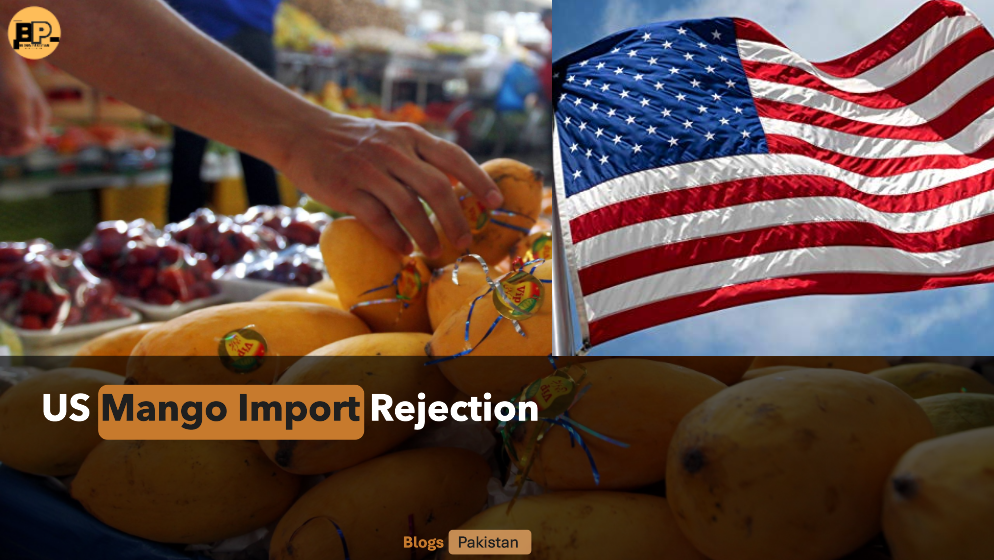The global trade of Mango landscape is a delicate dance of regulations, trust, and precision. But when one misstep can lead to half a million dollars in losses, the stakes couldn’t be higher. This harsh reality recently hit Indian mango exporters after the United States rejected 15 shipments of the prized fruit over documentation flaws in May 2024. The fallout? A staggering $500,000 financial blow and a urgent lesson in compliance. Here’s what happened—and why it matters for global trade.
The Incident: Why Did the US Block Indian Mangoes?
In early May 2024, Indian exporters shipped mangoes to the US after irradiating them in Mumbai—a standard process to eliminate pests and extend shelf life. But upon arrival at ports in Los Angeles, San Francisco, and Atlanta, US authorities flagged inconsistencies in the radiation treatment certificates.
- The Core Issue: Documentation mismatches related to irradiation details.
- Outcome: Exporters had to either destroy the mangoes or send them back. Most chose disposal, leading to a ₹4.15 crore ($500,000) loss.
This wasn’t just about fruit; it was a breakdown in a critical system that keeps global food trade safe—and profitable.
Radiation Treatment 101: Why the US Demands It
To understand the rejection, we need to unpack phytosanitary measures—rules that protect ecosystems from invasive pests. The US requires all Indian mangoes to undergo gamma irradiation, a process that:
- Kills fruit flies and other pests.
- Extends shelf life for long-haul shipping.
- Complies with the US Department of Agriculture (USDA) guidelines.
But here’s the catch: Even if the mangoes are treated perfectly, flawed paperwork can sink the entire shipment.
Behind the Losses: Who’s Bearing the Brunt?
The $500,000 loss isn’t just a number—it’s a crisis for small-to-mid-sized exporters.
The Financial Ripple Effect
- Direct Costs: Lost produce, shipping fees, and irradiation expenses.
- Indirect Costs: Reputational damage, delayed payments to farmers, and strained buyer relationships.
“This isn’t just about one season,” says Rajesh Patel, a Mumbai-based exporter. “If buyers lose faith, recovery could take years.”
Documentation Errors: Where Did India Go Wrong?
While specifics remain unclear, experts point to common pitfalls in agri-trade:
- Inconsistent Certificates: Discrepancies in treatment dates or facility details.
- Labeling Oversights: Missing batch numbers or incorrect origin claims.
- Communication Gaps: Between irradiation centers, exporters, and US inspectors.
Case in point: In 2022, Mexico rejected Indian mangoes over similar paperwork issues. History, it seems, repeats itself.
Global Trade Implications: Trust at Stake
The US is India’s second-largest mango buyer, importing over 1,000 metric tons annually. But this incident risks more than revenue—it undermines trust.
Broader Consequences
- Stricter Scrutiny: Future Indian shipments may face heightened inspections, causing delays.
- Competitor Gains: Rivals like Mexico or Thailand could capitalize on India’s setback.
- Policy Rethink: India may need to overhaul its export certification processes.
How Can India Prevent Repeat Rejections?
The solution lies in a mix of technology, training, and transparency.
1. Digitize Certification
- Use blockchain or QR codes to create tamper-proof, real-time documentation.
- Example: Kenya’s tea exporters cut errors by 70% using digital traceability.
2. Train Exporters & Farmers
- Workshops on USDA standards and common paperwork pitfalls.
- Partner with trade bodies like APEDA for compliance support.
3. Strengthen Irradiation Infrastructure
- Invest in more treatment facilities to avoid bottlenecks.
- Ensure staff are certified and audits are routine.
The Bigger Picture: A Lesson for Global Agri-Trade
India’s mango woes mirror challenges faced worldwide. In 2023, the EU rejected 40% of Kenyan avocado shipments over chemical residues. Similarly, Vietnam’s dragon fruit exports to Australia stalled due to labeling errors.
Key Takeaway: In global trade, compliance isn’t optional—it’s survival.
What’s Next for Indian Mango Exports?
Despite the setback, hope isn’t lost. The USDA and Indian Agricultural and Processed Food Products Export Development Authority (APEDA) are reportedly collaborating to:
- Streamline certification workflows.
- Pilot a digital documentation portal by late 2024.
- Conduct joint audits of irradiation facilities.
“This is a wake-up call, not a death sentence,” says trade analyst Priya Rao. “India can rebound stronger.”
Final Thoughts: Beyond Mangoes
While 500,000isadropinIndia’s500,000isadropinIndia’s50 billion agri-export ocean, the incident exposes systemic vulnerabilities. As climate change and protectionism reshape trade, precision in compliance will separate winners from losers.
For now, the message is clear: In the high-stakes world of global trade, details dictate destiny.US mango import rules, phytosanitary compliance, Indian agriculture exports, global trade documentation, USDA standards, irradiation process, agri-trade losses, export certification errors.










